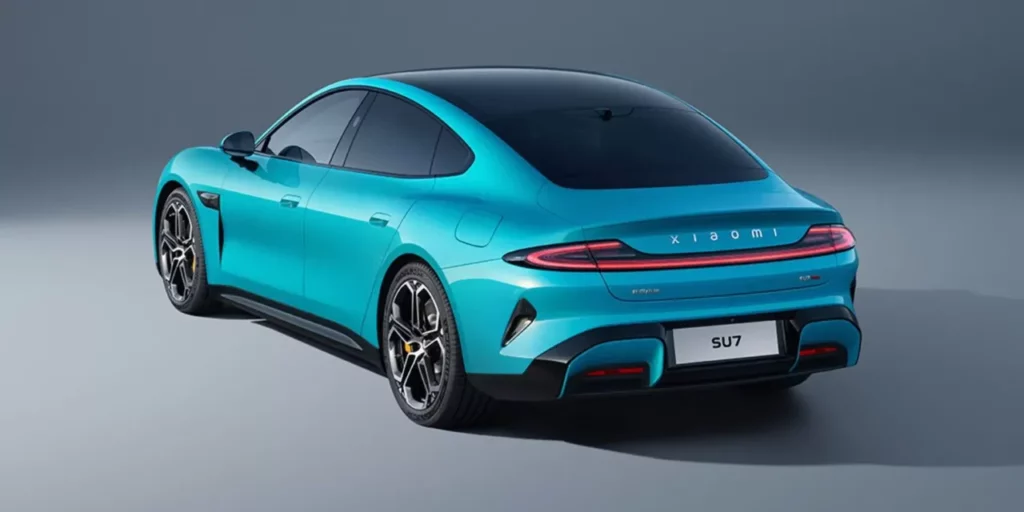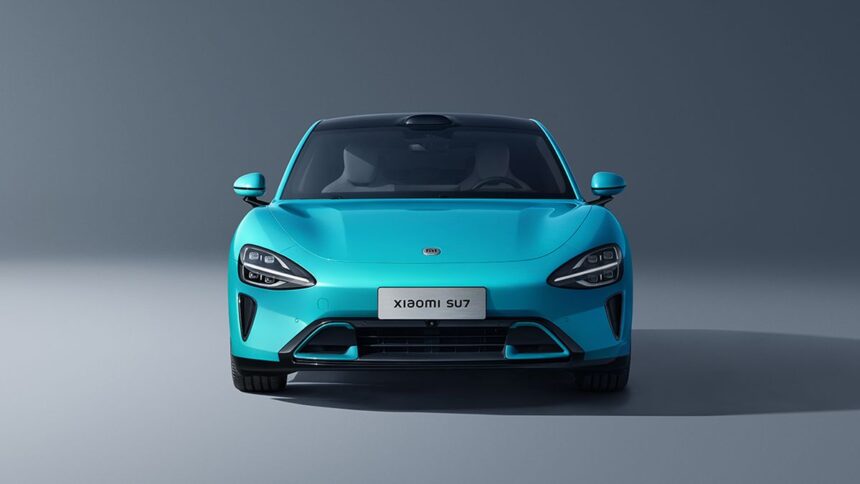The electric vehicle market in China is buzzing with change as homegrown brands like Xiaomi challenge established giants. In December 2024, Xiaomi SU7 made headlines by outselling the Tesla Model 3, marking a major win for the newcomer in the highly competitive EV space.
This milestone highlights the growing demand for affordable, feature-packed options from domestic manufacturers. Xiaomi’s success reflects not just its strong brand recognition in tech but also a shift in consumer preference toward innovative local alternatives.
Xiaomi SU7 Surpasses Tesla Model 3

This isn’t the first time the Xiaomi SU7 has outsold the Tesla Model 3. Over the past nine months, Xiaomi’s electric sedan has beaten Tesla’s offering four times, signaling a shift in consumer preferences.
The SU7’s growing appeal as a homegrown EV or the underwhelming Model 3 refresh could explain its success. Despite Tesla’s strong brand in China, many buyers may simply see the SU7 as the better option.
The Xiaomi SU7, launched in March 2024, has quickly captured attention with its competitive pricing and standout features. The SU7 starts at RMB 215,900 (₱1.66M), nearly 10% cheaper than the Tesla Model 3’s RMB 235,500 (₱1.81M).
Meanwhile, Tesla recently raised the prices of all three Model 3 variants in China, potentially dampening its appeal. With domestic EV makers like Xiaomi offering more affordable alternatives, the price hike adds to the challenges Tesla faces in maintaining its dominance in the Chinese market.
This is far from the end for Tesla. The Xiaomi SU7’s success shows how local brands like Xiaomi use their understanding of Chinese consumers to offer feature-packed EVs at competitive prices, challenging global players like Tesla.
The rivalry is only expected to grow fiercer with the upcoming launch of Xiaomi’s second EV, the YU7 SUV. Set to debut in mid-2025, the YU7 will go head-to-head with Tesla’s Model Y, creating even more competition and adding to Tesla’s challenges in the Chinese market.








